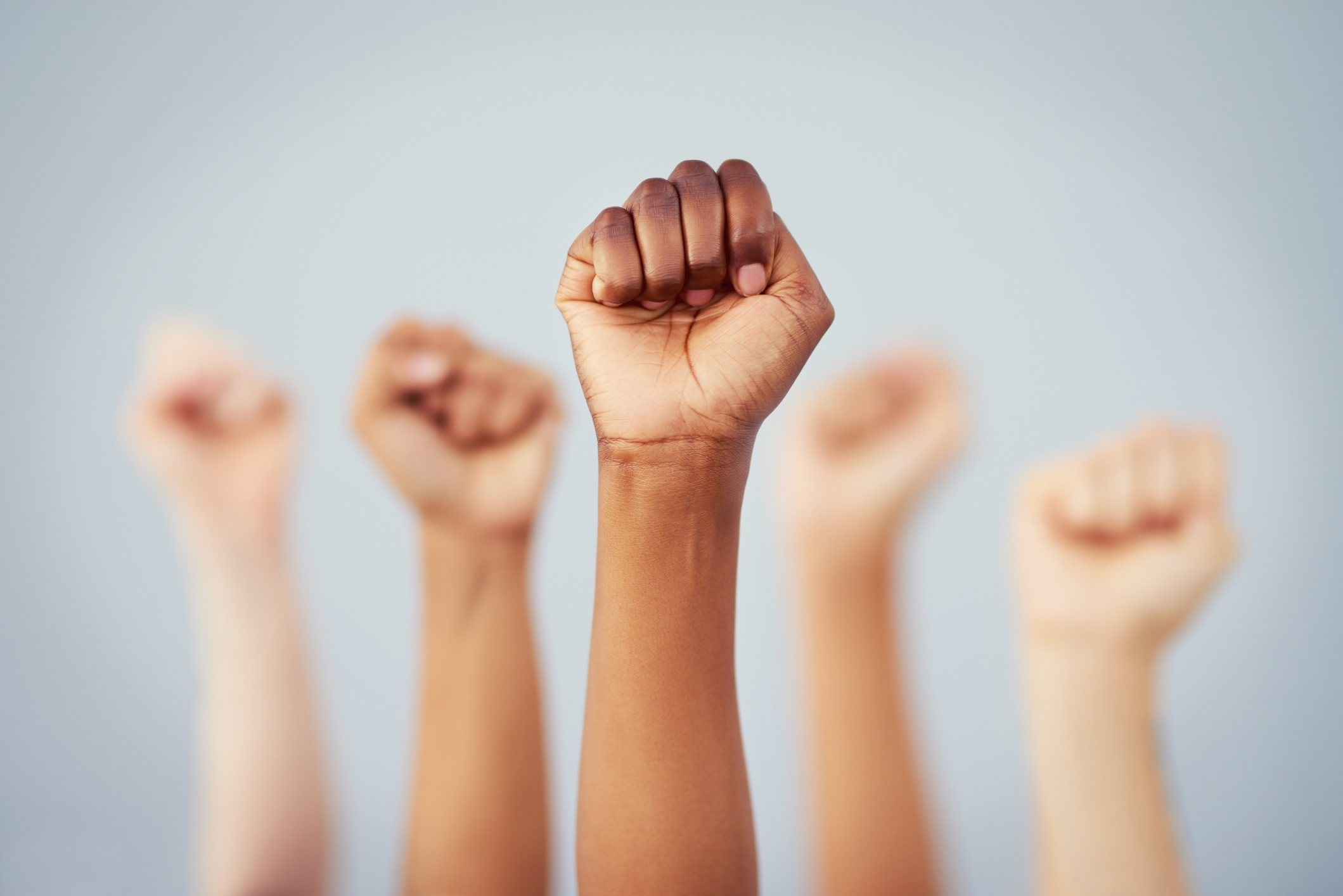Hey white people: We need to do some work. And right now, something isn’t enough — we need to be doing everything we can to be the best allies we can for the Black community. With Pride month now in full swing, it’s a reminder to us white queers that our community would be nothing without celebrating intersectionality and amplifying the voices of Black women (and specifically Black trans women).
While we’re actively centering Black voices and donating to bail funds, let us white queers also consider how we can continue to be good allies now and every day.
Be a Non-Optical Ally.
Check out @mireillecharper’s post on twitter to learn how. Take a hard look at your actions so far. Have you matched the optical actions, such as social media posts, with investments in deeper forms of allyship?
Bailout Protestors — And Others — Unfairly Stuck in Jail.
Cash bail is a deeply racist and antiquated system that keeps legally innocent people in jail based purely on their lack of access to funds. The Bail Project is working to end cash bail once and for all. To find local bailout funds in your area, check out The National Bailout Fund or this working document, courtesy of the Movement for Black Lives.
Queer and Trans Black Lives Matter.
Make sure your Pride month advocacy is intersectional. Support organizations focused on queer and trans black lives. Southerners On New Ground (SONG) is an Atlanta-based nonprofit that rallies LGBTQ+ Southerners for racial and economic justice. Black and Pink is a prison abolition organization serving LGBTQ+ people who are incarcerated. Both organizations are led by queer BIPOC.
Understand Stonewall.
Know and honor Sylvia Rivera and Marsha P. Johnson, the trans women of color to whom we owe many of our freedoms as queer people today. Together, Rivera and Johnson founded STAR, or Street Transvestite Action Revolutionaries. They’re said to have been the first people to fight back when the police raided Stonewall. The “Making Gay History” podcast is a great place to learn more.
Get the Right Flag.
Make sure your Pride flag is complete with a black and brown stripe. Here’s a great interview with Amber Hikes, former Executive Director of the Mayor’s Office of LGBT affairs in Philadelphia and creator of the Philly pride flag, on the “Queery” podcast. After creating the Philly pride flag, Hikes received pushback and even death threats from white queers. Antiracism has to start in our own communities.
Do Your Reading.
Read this and this and this. Reading about the history of white supremacy in America is the best way to educate yourself without tasking a black person in your life with the emotional labor of catching you up. That said, content explicitly about racial injustice shouldn’t be the only thing you read by black authors. Take stock of your bookshelf, twitter feed, and Netflix queue. Are black voices represented?
Support Police Accountability.
The National Police Accountability Project and Campaign Zero are places to learn and donate. In addition, the first two items on this comprehensive list outline ways to research the accountability levels of your local police department.
Leverage Your Skills.
I’ve seen everything from editors offering free consultations for black writers to decorators offering free services in exchange for proof of donations to antiracist organizations. If you’re not well enough to protest or financially stable enough to donate, get creative. We all have something to offer.
Understand the Ubiquity of White Supremacy.
From climate change to COVID-19 to reproductive rights, so many “other” political issues can’t be divorced from racism. Whether it’s the shockingly disproportionate mortality rates of black mothers or the fact that communities of color are more likely to be impacted by cancer linked to air pollution, white supremacy infiltrates all of our systems. Law enforcement is not the only institution that is failing BIPOC in America. Vote and act accordingly.
Talk to Other White People.
The hardest conversations are the most important. The National Museum of African American History & Culture has an extensive and interactive guide to starting these discussions. Here’s an e-book full of resources for white allies. Practice what you’ll say to disrupt the next time you hear a racist comment or are confronted with inaction. And be okay with being held accountable for mistakes yourself — we’re all in the process.


What Do You Think?